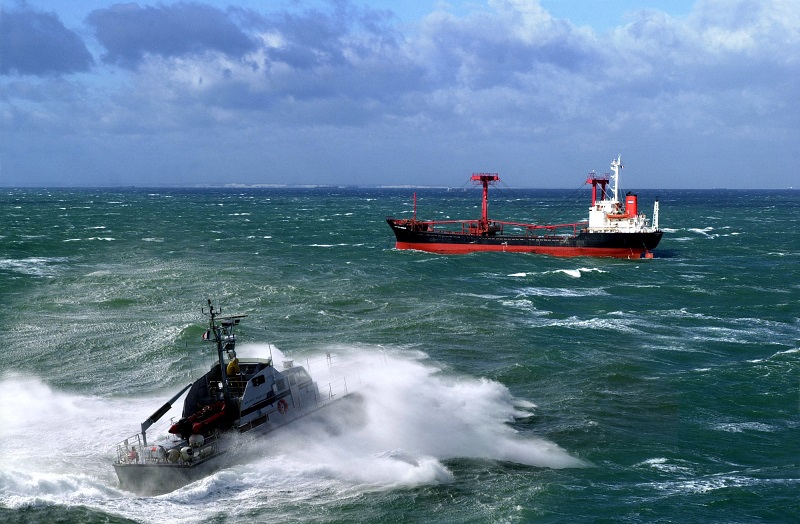CRIMARIO - Critical Maritime Routes in the Indian Ocean
Objective
-
€ 5.5mBUDGET
-
01/01/2015PROJECT START
-
48 monthsDURATION
Reducing maritime risk through information sharing
The Indian Ocean is the maritime route through which about 70% of the oil transported around the world transits. Despite its recent decline, piracy in the Indian Ocean must continue to be prevented, while other forms of organised crime at sea must also be tackled, such as human trafficking, drugs and arms trafficking, illegal fishing, oil pollution and the illegal exploitation of marine resources. Controlling these problems, which are developing around waters under national sovereignty and international waters, requires inter-administration coordination and regional cooperation.
To address these challenges, the European Union is supporting the regional mechanism of the Djibouti Code of Conduct, which was signed in 2009 by the 21 coastal countries of the Western Indian Ocean and amended in 2017 in Jeddha, and has launched the Critical Maritime Routes Programme.
Within this programme, the CRIMARIO project aims to strengthen maritime safety and security across the entire Indian Ocean by assisting the coastal countries with the development of maritime domain awareness.
To this end, CRIMARIO offers the regional partners several initiatives, which include the creation of a secure web portal for information sharing and incident management (IORIS), the creation of a regional AIS network, training for capacity building, workshops promoting inter-administration and regional cooperation, as well as assistance to design a set of information-sharing policies.
These initiatives will allow data from various sources to be shared and merged in order to enhance maritime domain awareness. In return, exhaustive and ongoing maritime domain awareness will give the coastal States the capacity to improve safety and security and protect the marine environment.
To ensure the sustainability of the achievements of CRIMARIO, a new project, called CRIMARIO II, will start in 2020 with an extension to South and Southeast Asia. It is also financed by the European Union (EU) and will be implemented by Expertise France.
Consult the CRIMARIO results brochure
 Consult CRIMARIO II project sheet
Consult CRIMARIO II project sheet
Training: a training and capacity building programme
The training cycle developed by CRIMARIO is:
• Tailored to the needs of each partner country,
• Phased, with the aim of achieving regional autonomy by training future instructors,
• Developing technical skills in data visualisation and analysis,
• Based on cooperation between maritime administrations.
#capacitybuilding is our core activity. More on the last training session on #datavizualisation:
— EU Crimario (@EUCrimario) 1 mars 2018
In #Kenya, CRIMARIO trains how to visualise the events at sea https://t.co/zd9KtfNCO8 pic.twitter.com/9EPPZOpdrM
IORIS, an information-sharing and incident management network
Version 1.0 of IORIS has been operational since 1 July 2018. This new secure tool for information sharing and the management of incidents at sea allows member countries to establish a collaborative working environment in order to enhance their maritime domain awareness and coordinate operations in the event of incidents at sea. IORIS is a secure Internet network:
• for information sharing,
• for collaboration and discussion,
• for the real-time management of national or regional incidents,
• for access to a resource library,
• entirely owned and managed by the regional partners.
CRIMARIO project news
• February 2020 – Maritime security: towards a CRIMARIO II extended to Southeast Asia
• September 2018 – Success of IORIS inauguration in Seychelles
• July 2018 – IORIS, regional information sharing platform, operational
• June 2018 – CRIMARIO trains trainers on maritime data processing
• April 2018 – First training session on IORIS in the Seychelles
• November 2017 – Expert’s view – Marianne Péron-Doise, strategic advisor for the CRIMARIO project
• October 2017 – Stronger maritime cooperation in Madagascar and Comoros





